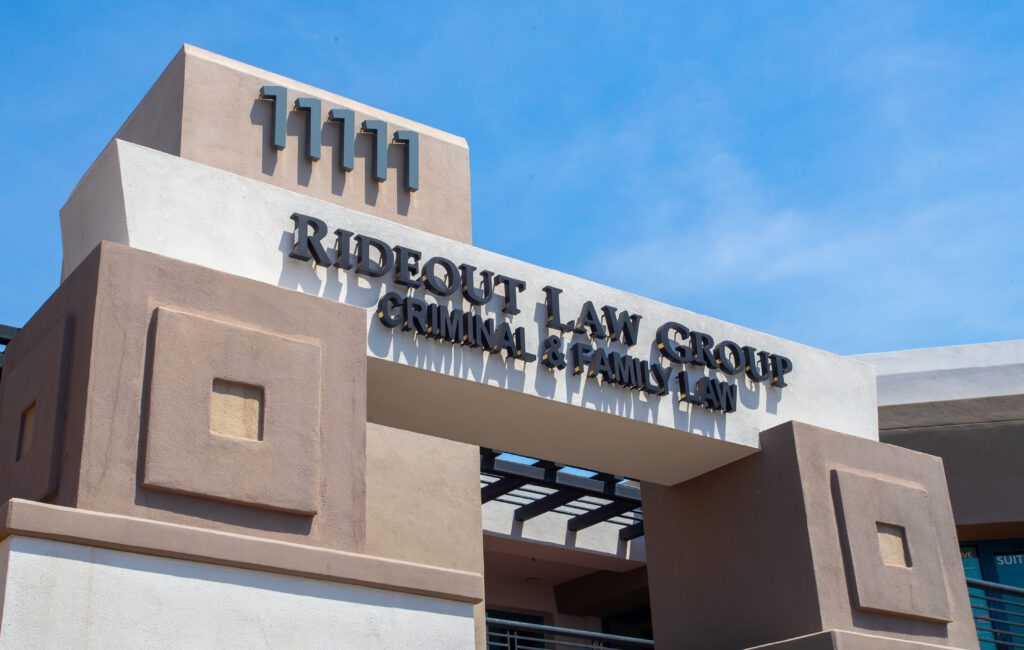Unreasonable Searches and Seizures – What You Need to Know
There are times where law enforcement officials need to conduct searches of people or property in their criminal investigations or may need to seize certain items for evidence. In the United States, citizens are protected from unreasonable searches and seizures by the Fourth Amendment of the U.S. Constitution, which states:
“The right of the people to be secure in their persons, houses, papers, and effects, against unreasonable searches and seizures, shall not be violated, and no Warrants shall issue, but upon probable cause, supported by Oath or affirmation, and particularly describing the place to be searched, and the persons or things to be seized.”
This means that, for a search or seizure to be considered reasonable, and thus, lawful, law enforcement should have:
- Probable cause that allows for them to obtain a search warrant signed by a judge, or
- A situation that allows for a search or seizure without a warrant, such as:
- Searches following a lawful arrest or traffic stop for which there is probable cause.
- Situations in which evidence is at risk of being destroyed.
- Searches or seizures consented to without a warrant.
- Frisks and pat-downs resulting from reasonable suspicion the individual is involved in something unlawful.
- Searches or seizures of abandoned property.
Requirements to Obtain a Warrant
Warrants will not be issued by a judge unless there is specific reason for them. Police should be able to prove who or what they are looking for and explain the probable cause that necessitates the warrant. Warrants will not be issued for police to simply “dig around” to look for probable cause.
Examples of Unreasonable Searches and Seizures
Unreasonable searches and seizures may occur in the following situations:
- Searches conducted without a warrant that require a warrant.
- Searches that violate the reasonable expectation of privacy, such as:
- The use of hidden cameras.
- The recording of electronic communications without consent.
- Searches or seizures due to racial profiling only.
- The seizing of items unrelated to the crime being investigated.
- Vehicle searches following a routine traffic stop for which there is no probable cause to search.
Exclusionary Rule
Evidence that is obtained through an unreasonable or unlawful search or seizure may not be used against the defendant in court and is thus “excluded.”
RIDEOUT LAW GROUP
With offices in Lake Havasu City and Scottsdale, our firm serves the entire state of Arizona, with a particular focus on criminal defense, family law, and juvenile cases.
Our goal is for the best outcome for your criminal case, which can include:
- charges that are reduced or dropped.
- top experts reviewing your case.
- aggressive negotiations with the prosecution for plea bargains.
- fines or probation in lieu of jail time.
At Rideout Law Group, our attorneys are able to expertly examine the evidence in your case to provide a strong strategy for argument that leads to an outcome that is most favorable to you. We have experience in all types of criminal cases for both adults and juveniles, with positive outcomes both in plea negotiations as well as jury trial settings.
Call us today for a free consultation at 480-584-3328.
